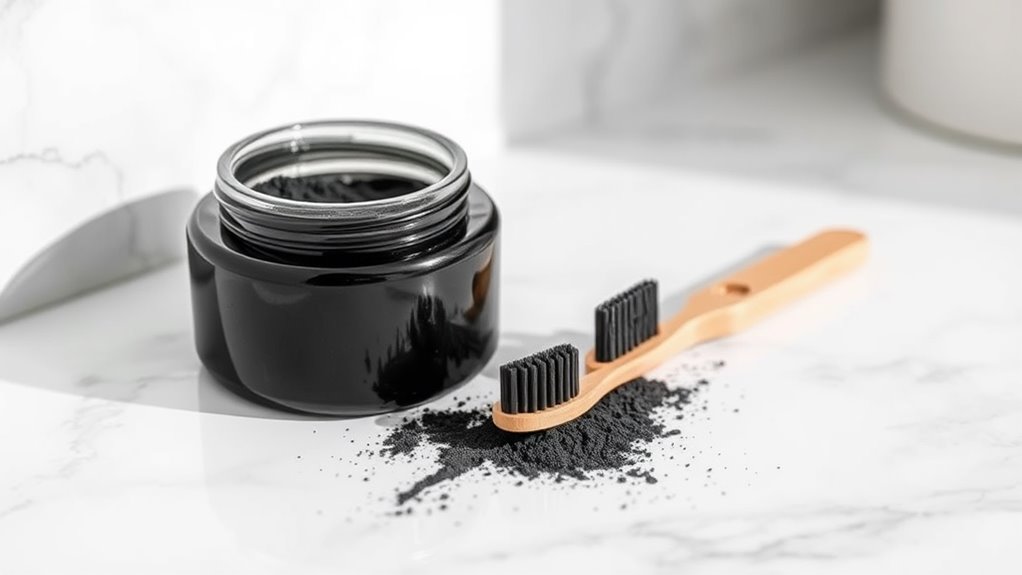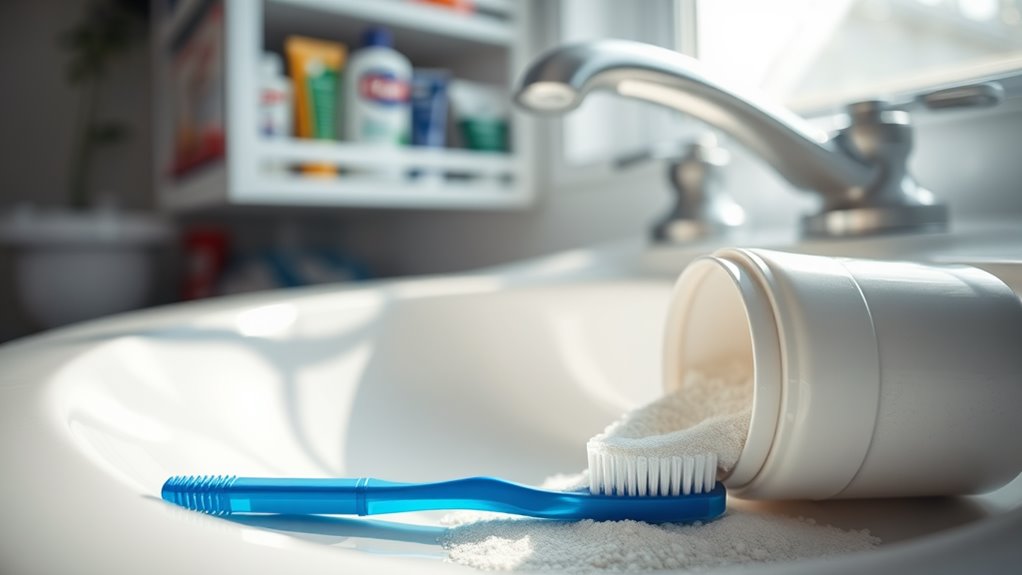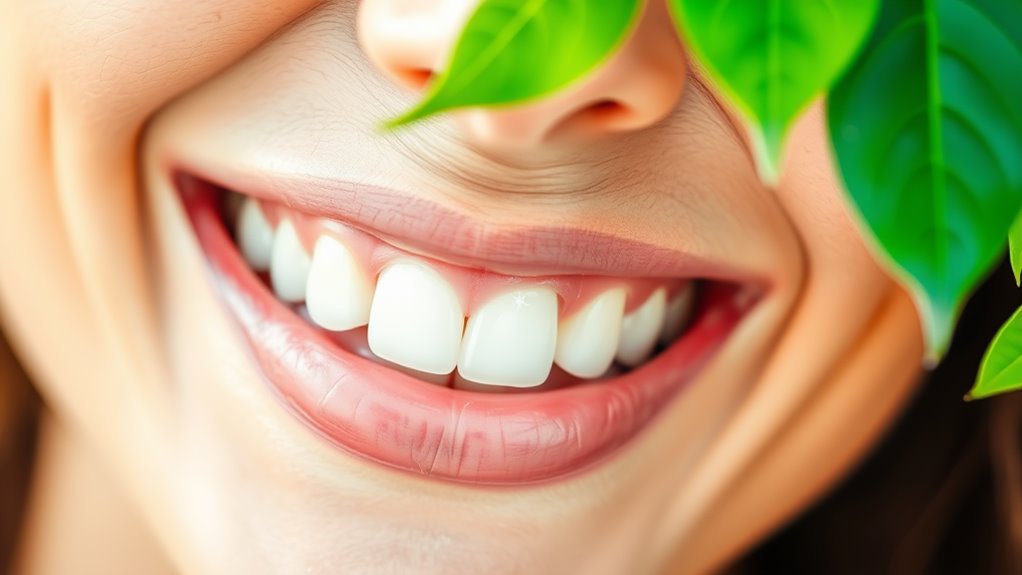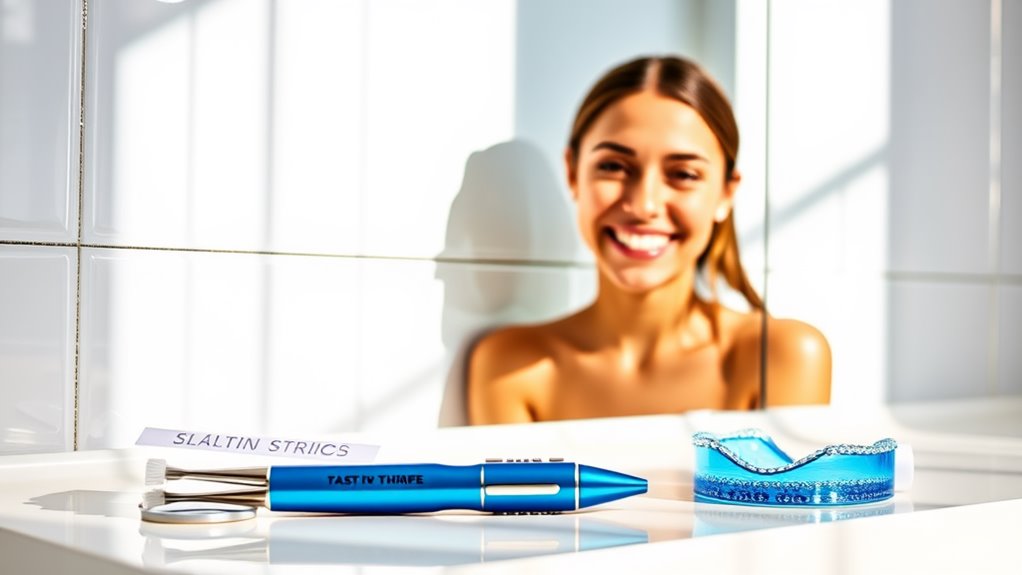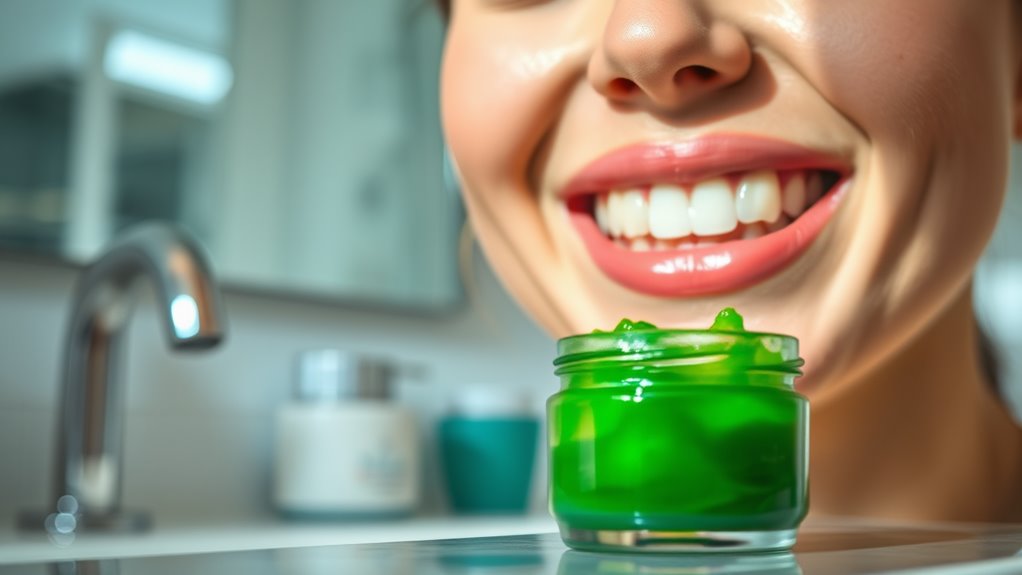Activated Charcoal for Teeth Whitening. Read This First!
If you’re considering activated charcoal for teeth whitening, it’s essential to understand both its benefits and potential risks. This natural solution can effectively lift stains from your teeth, but improper use might lead to enamel damage. Before you jump in, you’ll want to know how to use it safely and what the experts say. Let’s explore the ins and outs of this trending whitening method.
What Is Activated Charcoal?
Activated charcoal is a fine black powder made from carbon-rich materials like wood, coconut shells, or peat. You might’ve heard about its popularity in beauty and wellness circles, especially when it comes to activated charcoal teeth products. This incredible substance has the ability to absorb toxins and impurities, making it a go-to ingredient for many seeking a natural approach to oral care.
When you use activated charcoal for your teeth, you’re tapping into a trend that emphasizes a more holistic, community-driven way of maintaining your smile. Many people enjoy sharing their experiences with activated charcoal teeth whitening, bonding over tips and results.
It’s not just about looking good; it’s about feeling part of something larger. As you explore this exciting addition to your dental routine, you’re joining a growing group that values health, sustainability, and shared knowledge.
How Does Activated Charcoal Whiten Teeth?
When you use activated charcoal for teeth whitening, it works primarily through its powerful adsorption properties. This natural remedy attracts and binds to stains and impurities on your teeth, pulling them away as you brush. You’ll notice it helps lift away coffee, tea, and wine stains, giving your smile a brighter appearance.
As you use activated charcoal, it’s essential to apply it correctly for the best results. Gently brush your teeth with the charcoal powder or toothpaste, ensuring you cover all surfaces. The fine particles penetrate the crevices of your enamel, targeting those stubborn stains.
Many people in your circle have turned to activated charcoal for a whiter smile, making it a trendy choice among friends.
Just remember, while this method can be effective, it’s important to balance it with regular dental care. Your smile deserves the best, and you’re not alone in seeking it!
Benefits of Using Activated Charcoal for Teeth Whitening
Using activated charcoal for teeth whitening offers several compelling benefits that can enhance your oral care routine. First off, it’s a natural alternative to chemical whiteners, making it appealing for those who prefer organic solutions. Activated charcoal can effectively absorb stains and toxins, helping you achieve a brighter smile without harsh ingredients.
| Benefit | Description | Why It Matters |
|---|---|---|
| Natural Ingredients | Made from coconut shells or wood | Safe for you and the environment |
| Stain Removal | Absorbs plaque and discoloration | Restores your smile’s brightness |
| Cost-Effective | Often cheaper than commercial whiteners | Accessible for everyone |
Potential Risks and Safety Concerns
While the benefits of activated charcoal for teeth whitening are appealing, there are potential risks and safety concerns that shouldn’t be overlooked.
First, using charcoal too often can wear down your enamel, making your teeth more vulnerable to decay and sensitivity. You might think a little extra scrubbing helps, but it can actually do more harm than good.
Additionally, the fine particles can get stuck in your gums and between your teeth, leading to irritation or infection. You also need to be cautious about using products mixed with other ingredients, as they could cause allergic reactions. It’s important to remember that tooth enamel serves as the hard outer layer, crucial for oral health.
Always consult your dentist before incorporating activated charcoal into your routine. They’ll help you weigh the pros and cons, ensuring you make an informed decision that’s right for you.
How to Use Activated Charcoal for Teeth Whitening
Activated charcoal can be an effective and natural way to whiten your teeth, but it’s important to know how to use it properly.
Here’s how you can incorporate it into your dental routine safely:
-
Choose the right product: Look for food-grade activated charcoal specifically designed for teeth whitening.
-
Wet your toothbrush: Dampen your toothbrush before dipping it into the charcoal powder.
-
Apply gently: Brush your teeth gently for 2-3 minutes, ensuring you cover all surfaces.
-
Rinse thoroughly: Make sure to rinse your mouth well with water to remove any residue.
-
Limit use: Use activated charcoal no more than 2-3 times a week to avoid potential enamel wear.
Expert Opinions and Scientific Evidence
As you explore the effectiveness of activated charcoal for teeth whitening, it’s crucial to consider expert opinions and the scientific evidence surrounding its use. Many dentists express skepticism, pointing out that while activated charcoal can absorb impurities, it may not effectively whiten teeth.
Studies show that its abrasive nature can actually harm your enamel over time, leading to more sensitivity and discoloration.
On the flip side, some fans swear by its natural properties and claim it gives them a brighter smile. However, without solid scientific backing, it’s essential to tread carefully.
The American Dental Association hasn’t endorsed activated charcoal for teeth whitening, emphasizing that safer, proven methods exist. Additionally, it’s important to be aware of health risks associated with certain ingredients in oral care products, especially those like Triclosan that may pose long-term health concerns.
Ultimately, you’re part of a community seeking brighter smiles, so weigh these expert insights. Consider consulting your dentist before trying activated charcoal, ensuring your journey to whiter teeth is both safe and effective.
